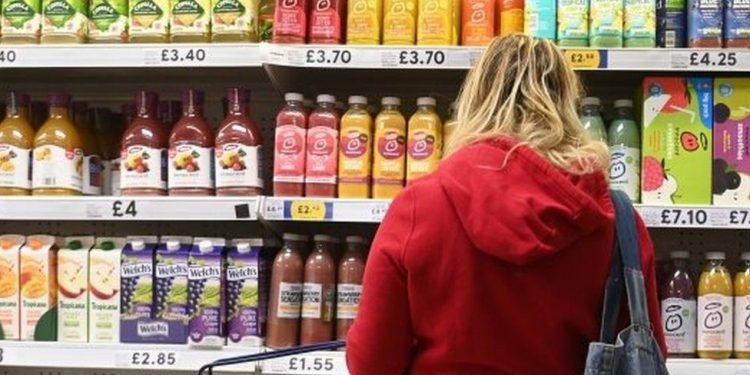According to data released by the Office for National Statistics (ONS), consumer prices in the United Kingdom (UK) eased by 20 basis points to 3.2% year-on-year in March, marking the lowest reading since September 2021 when inflation stood at 3.1% year-on-year.
The slowdown in inflationary pressures was primarily attributed to a slower increase in food prices, which rose by 4.0% year-on-year compared to 5.0% year-on-year in February. Additionally, prices in the categories of restaurants and hotels (+5.8% year-on-year vs February: +6.0% year-on-year) and recreation and culture (+5.3% year-on-year vs February: +5.4% year-on-year) also saw a deceleration. Furthermore, housing costs declined by 1.6% year-on-year, slightly improving from February’s decline of 1.7% year-on-year.
On a month-on-month basis, consumer prices remained unchanged, settling at 0.6% in March compared to February’s reading of +0.6%.
While the data suggests potential further deceleration in consumer prices, driven by favorable base effects from the previous year and lagging impacts of elevated interest rates, there are upside risks posed by the recent uptick in energy prices. This could contribute to inflationary pressures over the short to medium term.
As a result, analysts believe that the Bank of England (BoE) may choose to await further data releases to confirm that inflationary pressures have been brought under control before considering any policy easing. However, financial markets are now anticipating the possibility of a rate cut occurring during either the September or November policy meetings, with a potential reduction of 25 basis points.















